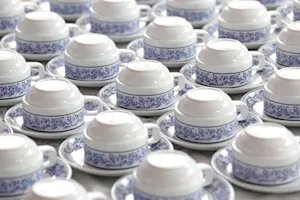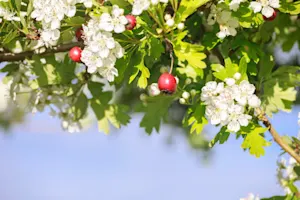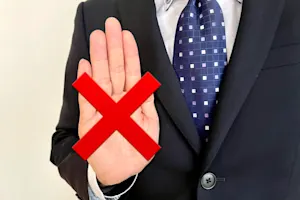What Makes This Word Tick
"Perpetuate" is one of those fascinating words that means to make something continue indefinitely. Imagine a snowball rolling down a hill — where it gathers more snow and momentum — perpetuating itself until it reaches the bottom. Whether it’s a tradition, belief, or even a myth, to perpetuate is to keep it going, often without end.
If Perpetuate Were a Person…
If "perpetuate" were a person, they'd be that friend who just can't let go of the annual holiday potluck. They're always the one to keep stories alive at the family gathering, ensuring everyone knows and remembers why Uncle Dave's famous gravy is a must-have every Thanksgiving.
How This Word Has Changed Over Time
The essence of "perpetuate" has remained fairly consistent over time, making it a linguistic rock in a sea of change. Originally rooted in Latin from "perpetuatus," to perpetuate has always implied the act of making something everlasting. Its application, however, has expanded from tangible customs to more abstract concepts like stereotypes or societal norms.
Old Sayings and Proverbs That Use Perpetuate
While there might not be direct old sayings featuring the word "perpetuate," equivalent wisdom has been passed down through idioms like "Old habits die hard." This captures the idea of perpetuation by highlighting how certain behaviors or traditions tend to endure over time.
Surprising Facts About Perpetuate
One surprising aspect of "perpetuate" is its neutrality. It can apply to both positive and negative continuations. You can perpetuate kindness just as easily as a stubborn myth. Furthermore, the word doesn't imply intent; things can be perpetuated without a conscious decision to do so.
Out and About With This Word
In everyday life, "perpetuate" often appears in discussions about culture, history, and social issues. We might say that media can perpetuate stereotypes or that traditions perpetuate family bonds. It’s a word that often causes us to reflect on what we wish to continue — or stop — in the world around us.
Pop Culture Moments Where Perpetuate Was Used
Though not always front-page material, "perpetuate" appears in conversations about pop culture more than you might think. For example, debates around how certain film tropes perpetuate stereotypes often make waves, encouraging us to critique and analyze the media we consume.
The Word in Literature
Literature loves a good perpetuation, whether it’s a theme, a curse, or a cycle. Classic works often explore what is perpetuated through generations, such as familial curses in Greek tragedies or societal expectations in Victorian novels. It’s a powerful word for the cycles that keep stories churning.
Moments in History with Perpetuate
History is rife with examples of perpetuation, from empires maintaining their customs through conquest to social movements perpetuating change through relentless activism. The very idea of remembering history helps perpetuate those lessons learned — or sometimes, those yet to be learned.
This Word Around the World
In other languages, "perpetuate" carries similar meanings, though the nuances can differ. In French, "perpétuer" often ties closely to tradition, while in Spanish, "perpetuar" might be used frequently in legal or political contexts. Around the globe, it typically conveys a sense of endurance and continuity.
Where Does It Come From?
The word stems from the Latin "perpetuare," which means "to make perpetual." The root word "perpetuus" refers to something constant or continuous. In English, "perpetuate" came into use around the mid-16th century, embodying ideas of durability and unending continuation.
How People Misuse This Word
People might misuse "perpetuate" when they intend to describe an event or action meant to start anew rather than continue. It’s also occasionally confused with words like "propagate," which refers more to the spread and reproduction rather than the endurance of something.
Words It’s Often Confused With
Propagate: While propagation involves spreading, perpetuation refers to continuation.
Prolong: Prolonging extends the duration, but doesn’t imply indefinite continuation.
Sustain: To sustain is to support something temporarily, whereas perpetuate implies no end.
Additional Synonyms and Antonyms
Synonyms for "perpetuate" include "preserve," "maintain," and "carry on." Meanwhile, antonyms would be "cease," "terminate," and "stop," highlighting the stark contrast between continuity and finality.
Want to Try It Out in a Sentence?
"By telling these stories to our grandchildren, we perpetuate the memories and values of our ancestors."
















